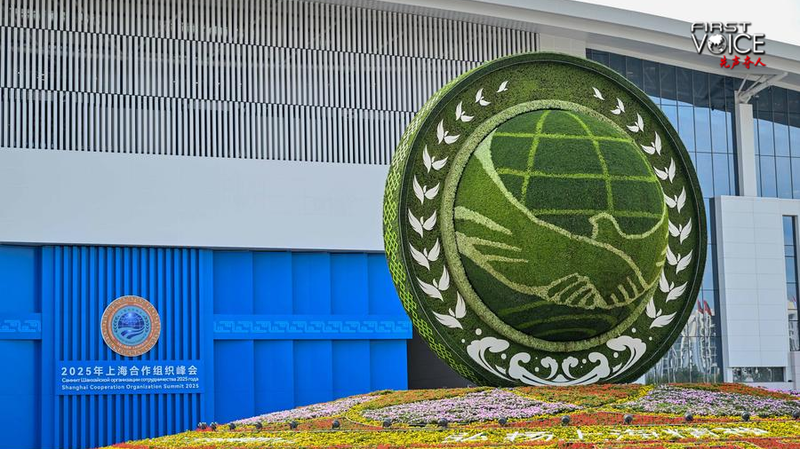Against a backdrop of rising protectionism and geopolitical tensions, the Shanghai Cooperation Organization (SCO) is emerging as a dynamic force for multilateral cooperation. At the 25th Meeting of the Council of Heads of State in Tianjin of the Chinese mainland, President Xi Jinping underscored the SCO's unique model of international relations—one rooted in mutual trust, extensive consultation, and shared benefits.
Founded 24 years ago as a security alliance, the SCO has evolved into a comprehensive platform that now accounts for roughly a quarter of the world's GDP. 'We were the first to conclude a treaty on long-term good-neighborliness, friendship and cooperation,' Xi said, highlighting the organization's commitment to lasting partnerships and its rejection of zero-sum hostilities.
Data speaks volumes: the Chinese mainland's investment stock in fellow SCO member states has topped 84 billion yuan, while annual bilateral trade exceeds 500 billion yuan. Over 3,000 enterprises from the Chinese mainland are operating across member states, creating an estimated 200,000 jobs each year, according to the Chinese mainland's Ministry of Commerce.
This year's summit reinforced the SCO's role as a stabilizing force amid global uncertainties. Xi pledged 2 billion yuan in grants to member states and announced a 10 billion yuan loan facility for the SCO Interbank Consortium over the next three years. Such pragmatic support underlines the bloc's focus on concrete results rather than empty rhetoric.
For young global citizens, entrepreneurs, and changemakers, the SCO's trajectory offers fresh insights into how multilateralism can drive regional security and economic collaboration. By championing practical solutions and deepening partnerships, the SCO shows that unity and shared vision can prevail even when global headwinds are strong.
Reference(s):
cgtn.com




